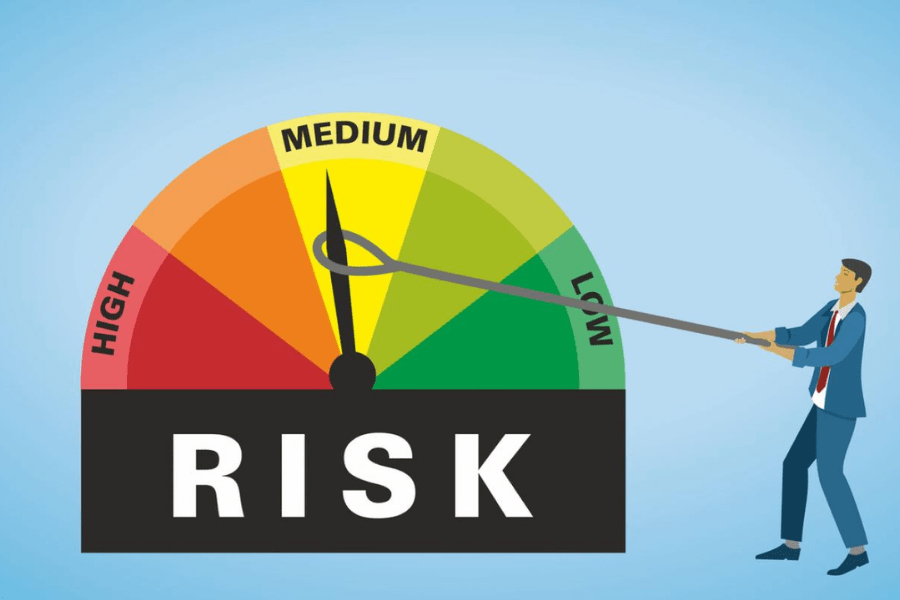The Benefits of Buying Land as an Investment

In a world where cryptocurrency, stocks, and NFTs dominate investment conversations, there lies a hidden gem, quite literally: land. While it may not come with flashy ticker symbols or eye-popping digital artwork, investing in land brings a sense of stability and connection to Mother Earth that no virtual asset can replicate. Join us on a journey where dirt meets dollars, and the quirks of land investment unveil themselves.
-
Tangible Asset with Limited Supply:
The land is a tangible asset with a limited supply, making it a valuable investment. Unlike stocks or bonds, which can be created and traded endlessly, land is a finite resource. As the world’s population continues to grow, the demand for land increases, leading to potential appreciation in its value over time.
-
Potential for Appreciation:
Historically, land has tended to appreciate in value over the long term. While short-term market fluctuations may occur, well-located land has the potential to increase in worth steadily. As urbanization expands and development encroaches upon previously undeveloped areas, the value of land can skyrocket.

-
Diversification and Risk Mitigation:
Including land in your investment portfolio can provide diversification and help mitigate risk. Land investments are less correlated with traditional financial assets like stocks and bonds, which means that when other investments experience volatility, land values may remain stable or even rise. Adding land to your portfolio can create a more balanced and resilient investment strategy.
-
Income Generation:
Land investments offer various avenues for generating income. Agricultural land can be leased to farmers for cultivation or used for livestock grazing, providing a steady source of rental income. Similarly, land in desirable locations can be leased for recreational purposes like hunting, fishing, or camping. These income streams can contribute to your overall investment returns.
-
Development Opportunities:
One of the most significant advantages of owning land is the potential for development. Undeveloped land can be transformed into residential, commercial, or industrial properties, significantly increasing its value. Buying land in areas with future growth potential or rezoning possibilities can lead to substantial profits when development opportunities arise.

-
Tax Benefits:
Land investments often come with tax advantages. Property taxes on undeveloped land are typically lower than those on developed properties. Additionally, depending on your jurisdiction, certain tax incentives or deductions may be available for agricultural land or land conservation initiatives. Consult with a tax professional to explore the specific benefits applicable to your location.
-
Preservation of Wealth:
Land ownership provides a means of preserving wealth over generations. Unlike other assets that may depreciate or lose value, land retains its worth over time. By investing in land and passing it down to future generations, you can ensure the long-term preservation and growth of your family’s wealth.
-
Hedge Against Inflation:
Inflation erodes the purchasing power of money, but land can serve as a hedge against this. As the cost of living rises, land value often follows suit. By owning land, you can potentially protect your wealth from the negative impacts of inflation and maintain its real value.
-
Personal Enjoyment and Legacy:
Owning land isn’t just about financial gains—it can also provide personal enjoyment and leave a lasting legacy. The land offers opportunities for recreational activities, such as camping, hiking, or simply appreciating the beauty of nature. Moreover, passing down land through generations can create a sense of continuity and leave a meaningful heritage for your family.
Here at Mrlandseller, we provide a platform for everyone interested in buying land.
You can contact us and use our teams to help you through the process to the end.
You can also follow us on social media to be the first one to find out about our new properties (https://www.facebook.com/MrLandSeller/)

